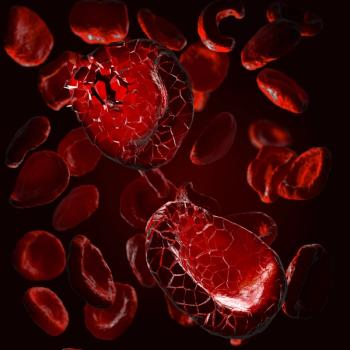
Patients with chronic lymphocytic leukemia or small lymphocytic lymphoma achieved promising early responses following treatment with BCB-11417 with or without zanubrutinib.

Your AI-Trained Oncology Knowledge Connection!


Patients with chronic lymphocytic leukemia or small lymphocytic lymphoma achieved promising early responses following treatment with BCB-11417 with or without zanubrutinib.
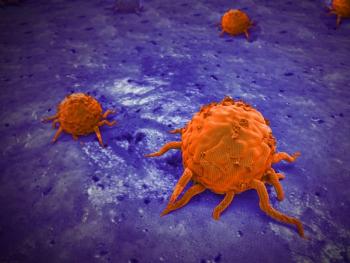
BCMA/CD19 dual-targeting FasTCAR-T Cells resulted in an overall response rate of 100% among patients with multiple myeloma, with all evaluable patients showing MRD negativity to 12 months.

Mosunetuzumab produced durable responses with a tolerable toxicity profile in patients with relapsed/refractory follicular lymphoma, according to an updated analysis of the phase 2 GO29781 study.

Efficacy and safety findings were positive in the phase 1/2 CC-92480-MM-001 trial when mezigdomide was added to dexamethasone in patients with heavily pretreated multiple myeloma.

Results from the phase 3 STIC CTC trial found an improved overall survival when circulating tumor cells were used as a guide in combination with chemotherapy or endocrine therapy in patients with hormone receptor–positive/HER2-negative breast cancer.

Patients with HER2-low or HER2-0 metastatic breast cancer who previously received at least 1 chemotherapy agent garnered similar benefit from eribulin mesylate vs standard physician's choice chemotherapies.

A racial disparity was determined when the tumor microenvironment of metastasis doorway density was found to be higher in Black women vs White women.

Results of the phase 3 RATIONALE-309 trial demonstrate efficacy of tislelizumab added to chemotherapy for recurrent or metastatic nasopharyngeal carcinoma.

HPV-targeting immunotherapeutic PDS0101 in combination pembrolizumab may represent a new option for patients with HPV-positive recurrent or metastatic head and neck squamous cell carcinoma.

Treatment with zanubrutinib and obinutuzumab improved outcomes in patients with relapsed/refractory follicular lymphoma vs obinutuzumab monotherapy.

BRAF V600 mutation–positive pediatric low-grade glioma positively responds to combination treatment with dabrafenib plus trametinib, according to data presented at 2022 ASCO.
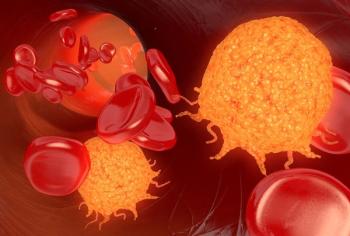
Subgroup analysis of the RE-MIND trial support use of tafasitamab plus lenalidomide to treat high-risk diffuse large B-cell lymphoma.
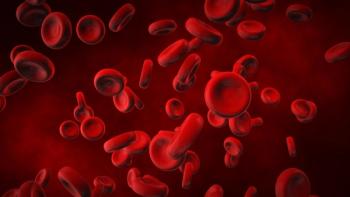
Investigators believe that storing red blood cells in a hypoxic state could reduce the development of vaso-occlusion flowing transfusion.
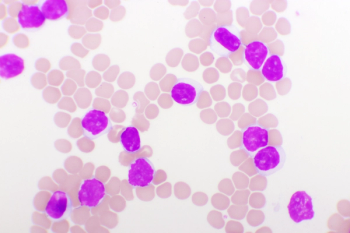
The combination of high-frequency and low-dose acalabrutinib and rituximab demonstrated a 100% overall response rate in patients with chronic lymphocytic leukemia/small lymphocytic lymphoma.

Glofitamab monotherapy or in combination with obinutuzumab led to strong response rates for patients with multiple relapsed or refractory follicular lymphoma.

A strong antibody response was seen in patients with acute myeloid leukemia and myelodysplastic syndrome who received the mRNA COVID-19 vaccine.

According to results from the Blood First Assay Screening Trial, blood-based tumor mutational burden did not predict a benefit of atezolizumab over chemotherapy for patients with non-small cell lung cancer.
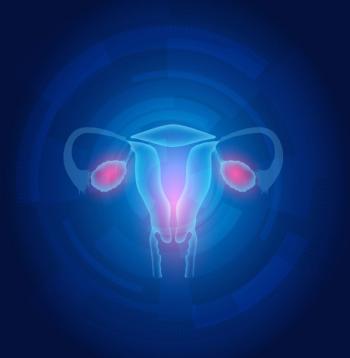
Patients previously treated with PARP inhibitors showed an improvement in median progression-free survival when rechallenged with olaparib maintenance.

For patients with advanced EGFR Exon 20 Insertion–positive non–small cell lung cancer, mobocertinib appears to yield clinically meaningful activity compared with real-world data.

Findings from the phase 1b/2 MORPHEUS study indicated that patients with gastric and gastroesophageal junction cancer experienced limited responses to second-line linagliptin plus atezlolizumab.

A promising approach to treating newly diagnosed acute graft-versus-host disease emerges, based on data regarding the use of the humanized IgG1 monoclonal antibody itolizumab.
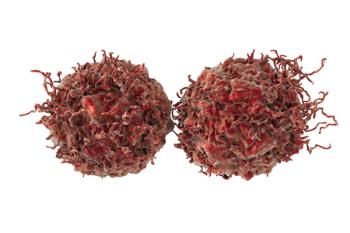
Results presented at the American Urological Association 2020 Virtual Meeting demonstrated that of men who received prior RT or surgery for localized prostate cancer, those that had RT were found to have a 32% higher risk of developing castrate-resistant disease.
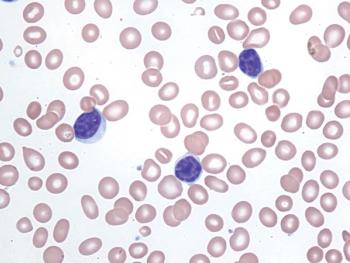
The combination of ibrutinib and rituximab demonstrated superior progression-free survival in older patients with previously untreated chronic lymphocytic leukemia.
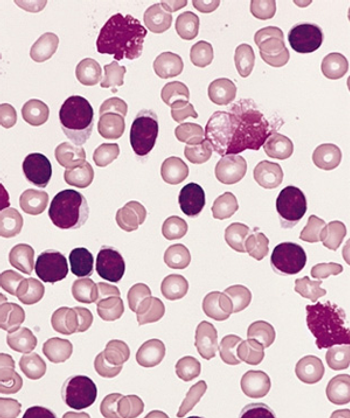
The triplet regimen consisting of acalabrutinib, venetoclax, and obinutuzumab appeared highly active as frontline therapy for patients with chronic lymphocytic leukemia.

Lisocabtagene maraleucel induced high response rates in patients with aggressive relapsed/refractory large B-cell lymphoma.

Published: December 13th 2022 | Updated:
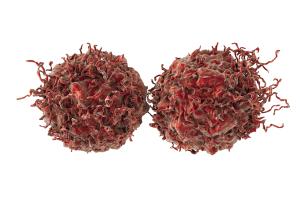
Published: June 16th 2020 | Updated:
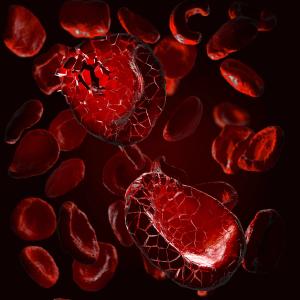
Published: December 14th 2022 | Updated:
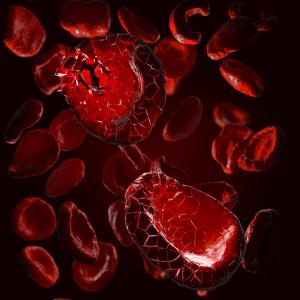
Published: December 12th 2022 | Updated:

Published: December 13th 2021 | Updated:
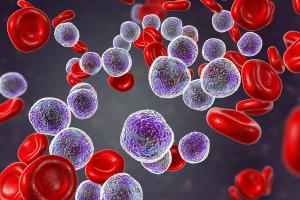
Published: June 7th 2022 | Updated: